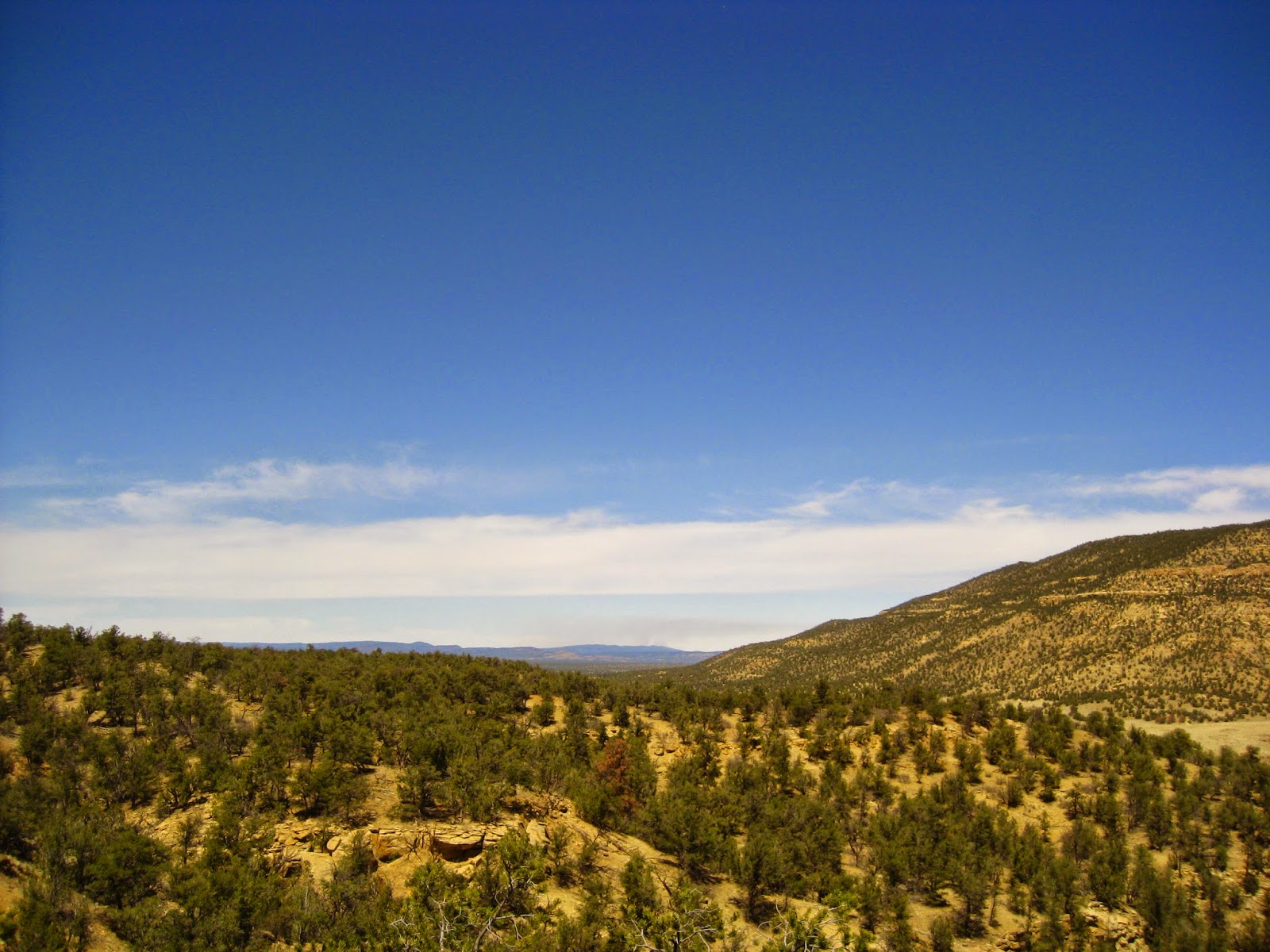The world must have felt my mental shift, because the day after my revelation while watching Merchant's of Doubt, I was invited and inspired
by many opportunities that are in line with my new ambitions
Leila Salim of ABQOldSchool invited me to DIY in a way I had participated in
but hadn't identified- Do it Together. By taking on building challenges and
craft projects with others, you not only have the potential to have more fun,
you can get a lot more done and grow community. Her local organization boasts classes taught in traditional, frugal and sustainable living. She attributed her involvement in this
share-space to her upbringing in the desert, similar to the desert that her
Palestinian father had grown up in. She said that sharing is part of their
culture in Palestine. While I recognize it’s not a routine part of mine, I’m
making a point to change that, as you’ll read in a later blog.
Her talk was
hopeful, and totally in line with my goals. She even took an idea right out of
my head: “What if in addition to libraries where you can check out books, there
are places where you can take and return seeds, and sewing machines”. Her talk
ended with a simple challenge—What can YOU offer to your community? What can
you contribute? Yoga classes? Fresh-baked brownies? The service of fixing a
broken toaster? Imagine if each one of us decided how we could contribute and
then offered that, free of charge, to our community. Or had a more complicated
Time Exchange system that revolves around the same idea.
Another local speaker, a woman I had worked with in other
environmental capacities, spoke about her work on the Desert Teaching
Garden—yet another place where I can build community and learn new skills.
While describing the layout of the garden, she mentioned food forests- a phrase
I’ve been hearing with increasing frequency. Just last night, in fact, while
talking to a friend in school for landscape architecture, I was expressing my
dreams that all parks be like the one I live in- abundant with edible trees (nuts,
berries, fruits)—when he explained some of the work he’s doing, and some of the
places around town that do have fruiting trees in their design. I said I’d be
surprised if there isn’t a website for “crop mobbing” as he called it, where
people can identify where and what is growing and then go collect it. (Indeed there is- check out FallingFruit.com) I have a
feeling that in 10 or 20 years, we’ll be desperately relying on these crops,
and seeing the atrocity of planting “ornamental” crops that are “messless”
because they’re useless.
Between speakers we watched a relevant Ted Video that I hope
you all will watch, by Ron Finley.
Finley had some great quotes about utilizing the space around
him to grow food.
“Gardening is my graffiti,” he admitted, adding later “growing yo’ own food’s like printin’ yo own $$!”
A few other opportunities that will prove to transform the
numbers in my bank account into valid and wholesome life experiences are teaching
and taking drum lessons (from my new favorite drummer!)
A fellow educator and very inspiring friend of mine
mentioned that 2015 is the international Year of Soils. As an environmentalist, soil, just
as climate, water and botany, greatly interests me. But because there are so
many interconnected aspects of the environment, I have struggled with chosing a
focus to learn more in depth. With UN's focus on soil and the
resources offered, I can definitely learn more about this often overlooked area
of critical importance, while teaching my students.
And finally, I acted on my birthday impulse to buy some drum
lessons. I have been considering expanding my very minimal musical repertoire
for months now, but it wasn’t until I learned that the drummer of my new
favorite local band does lessons did I take action. Learning to drum may not
help save the world, or seem very useful in a post-apocalyptic situation. But
you never know until you try. And trying is the new theme of my year.




